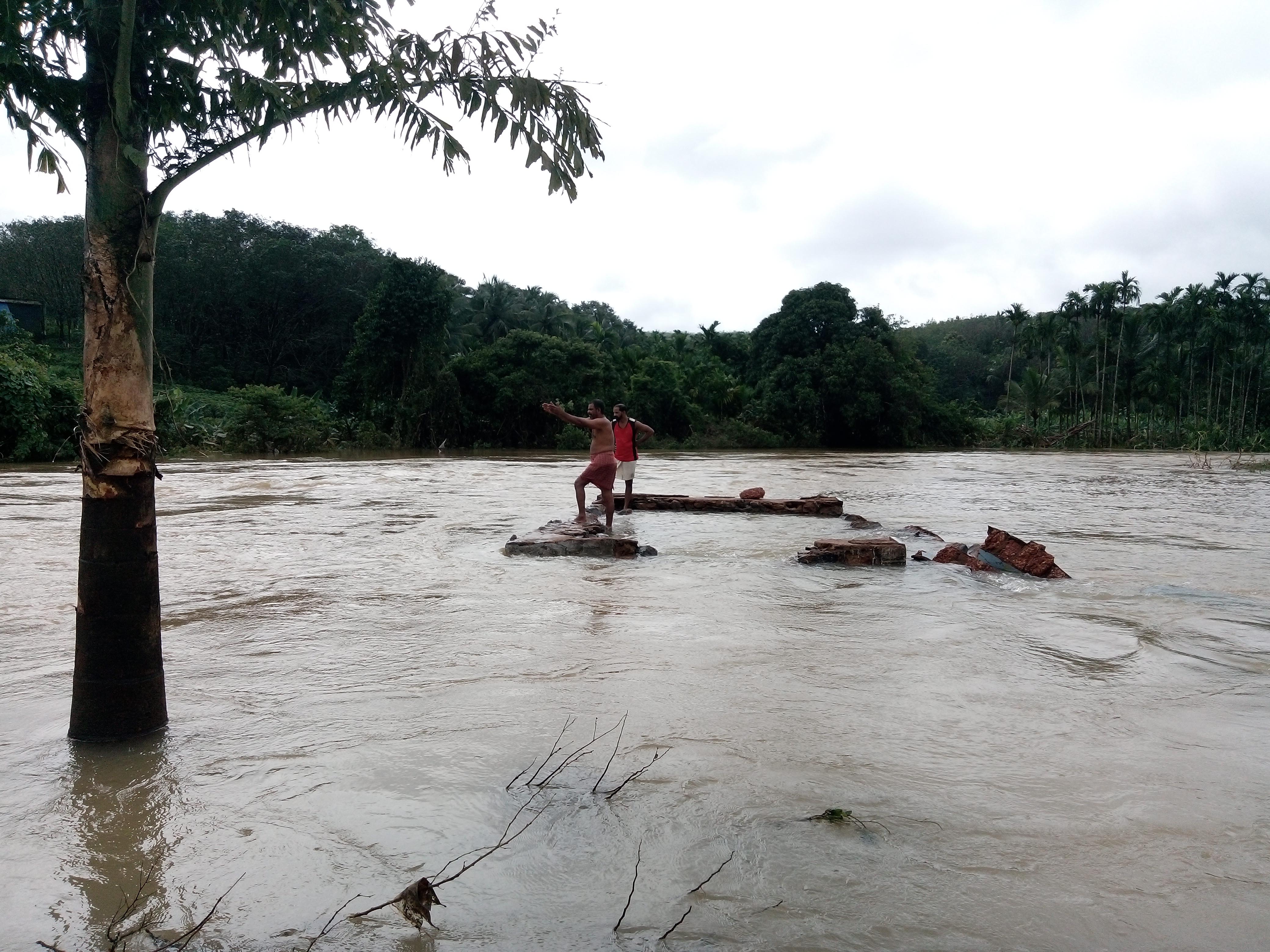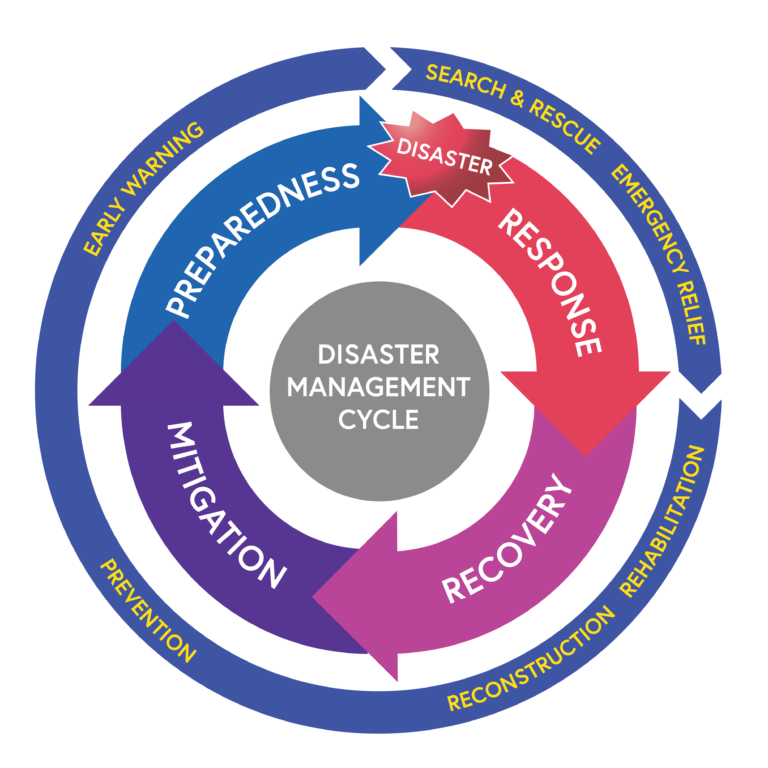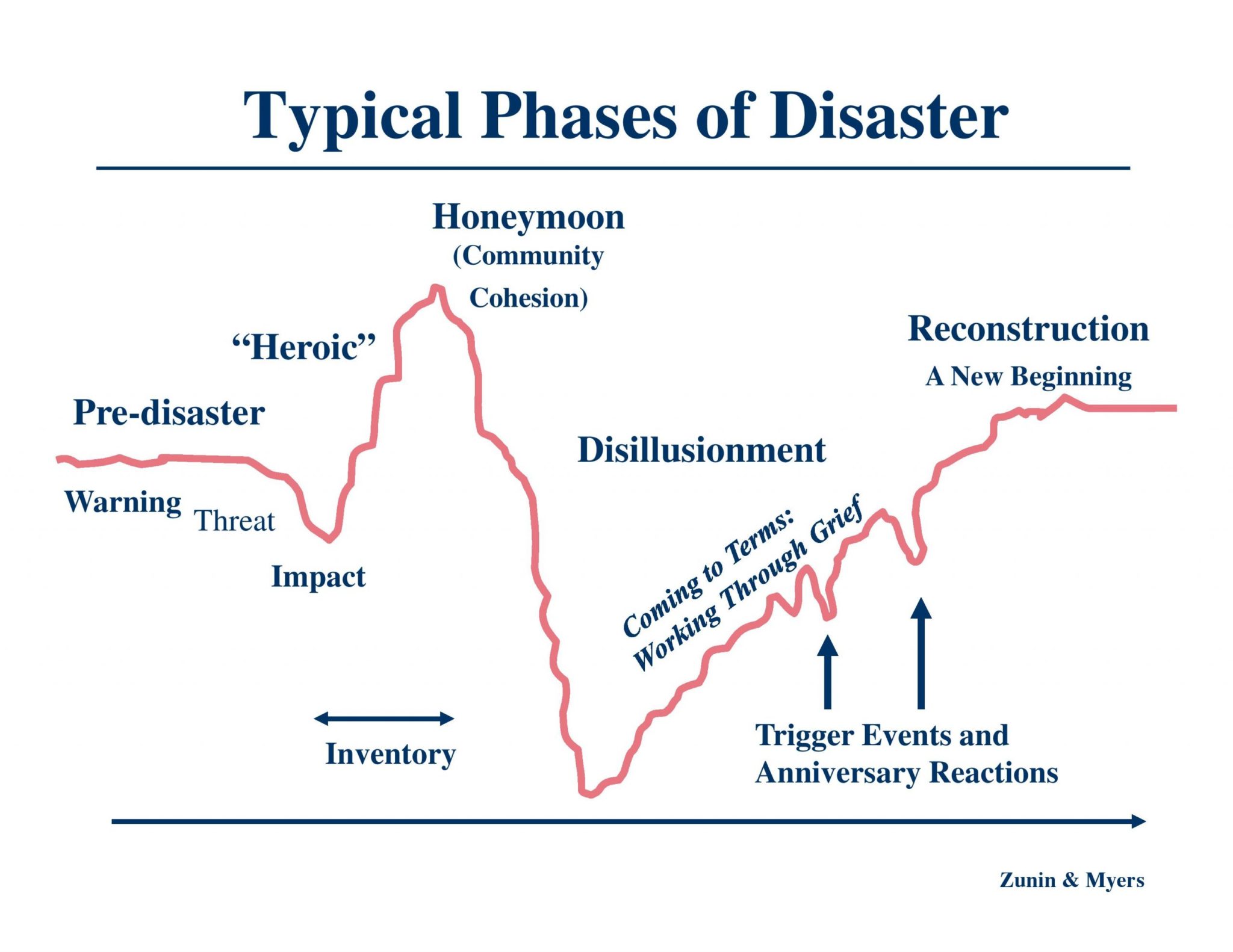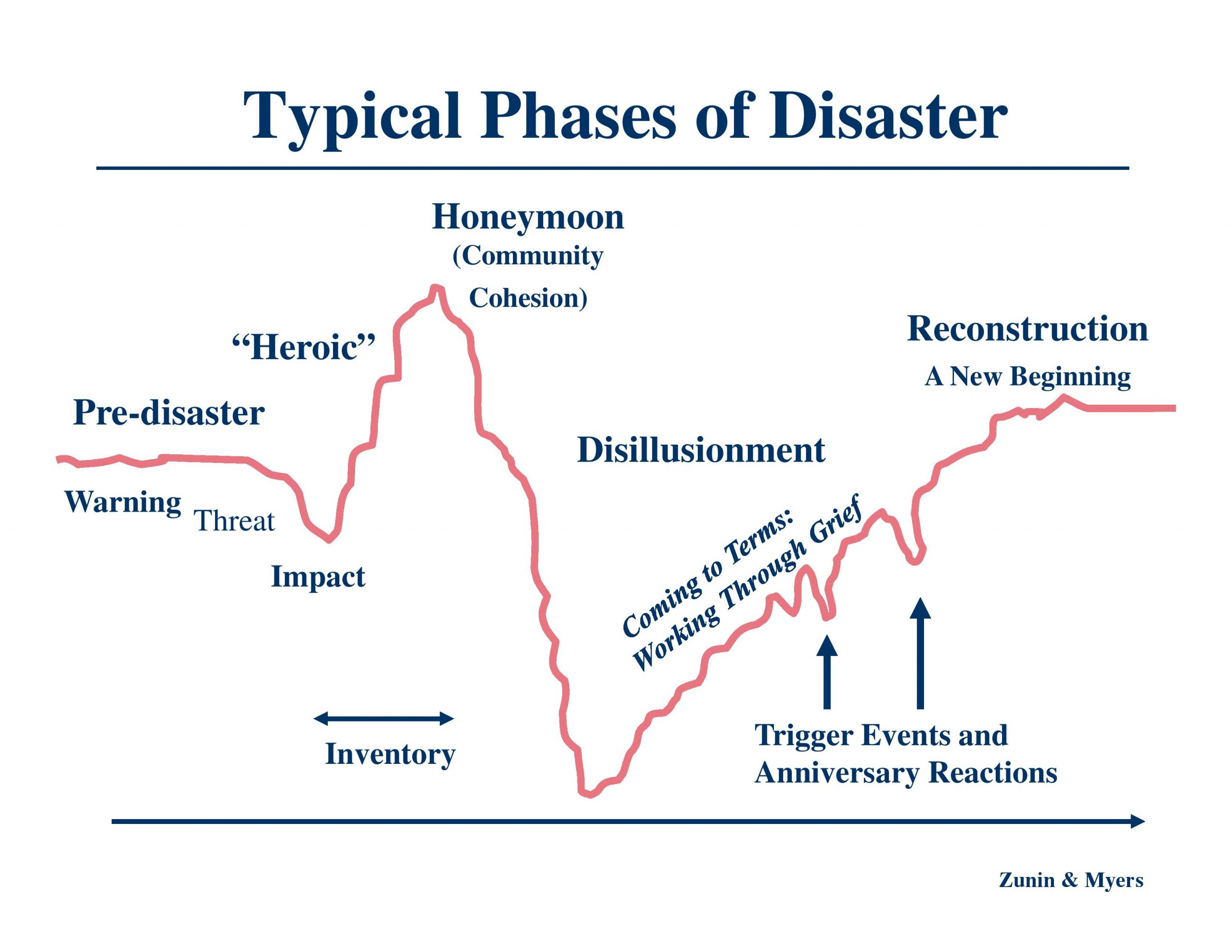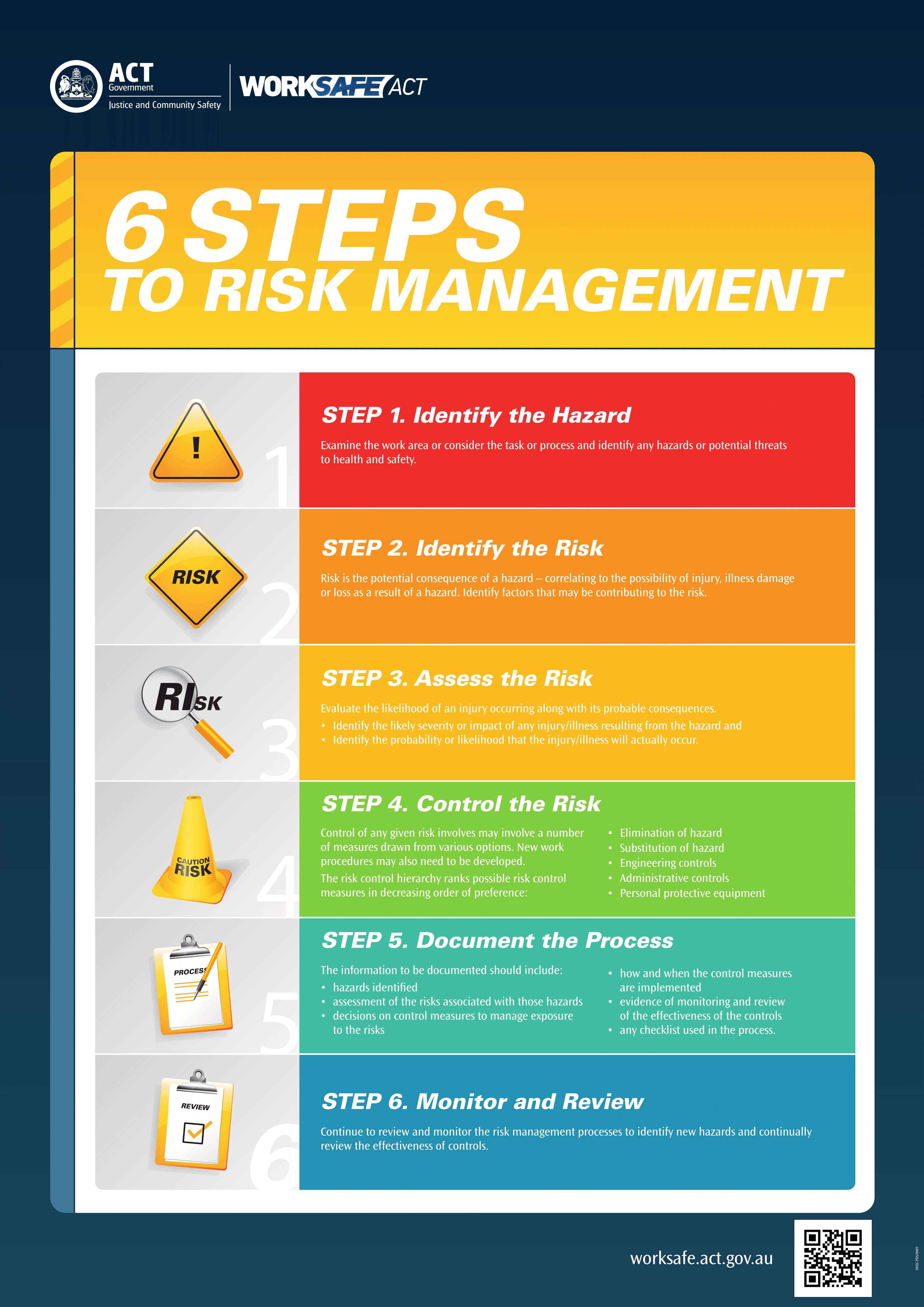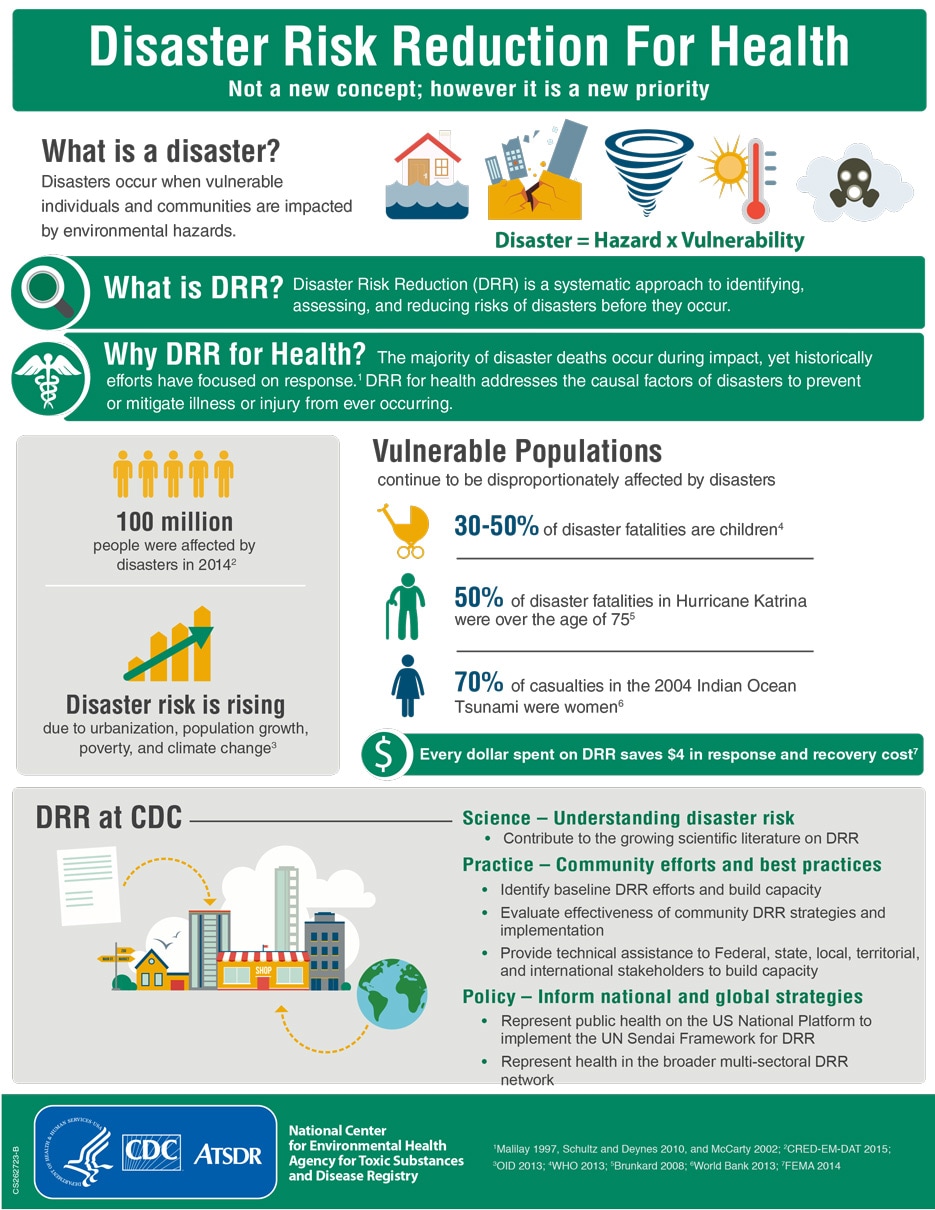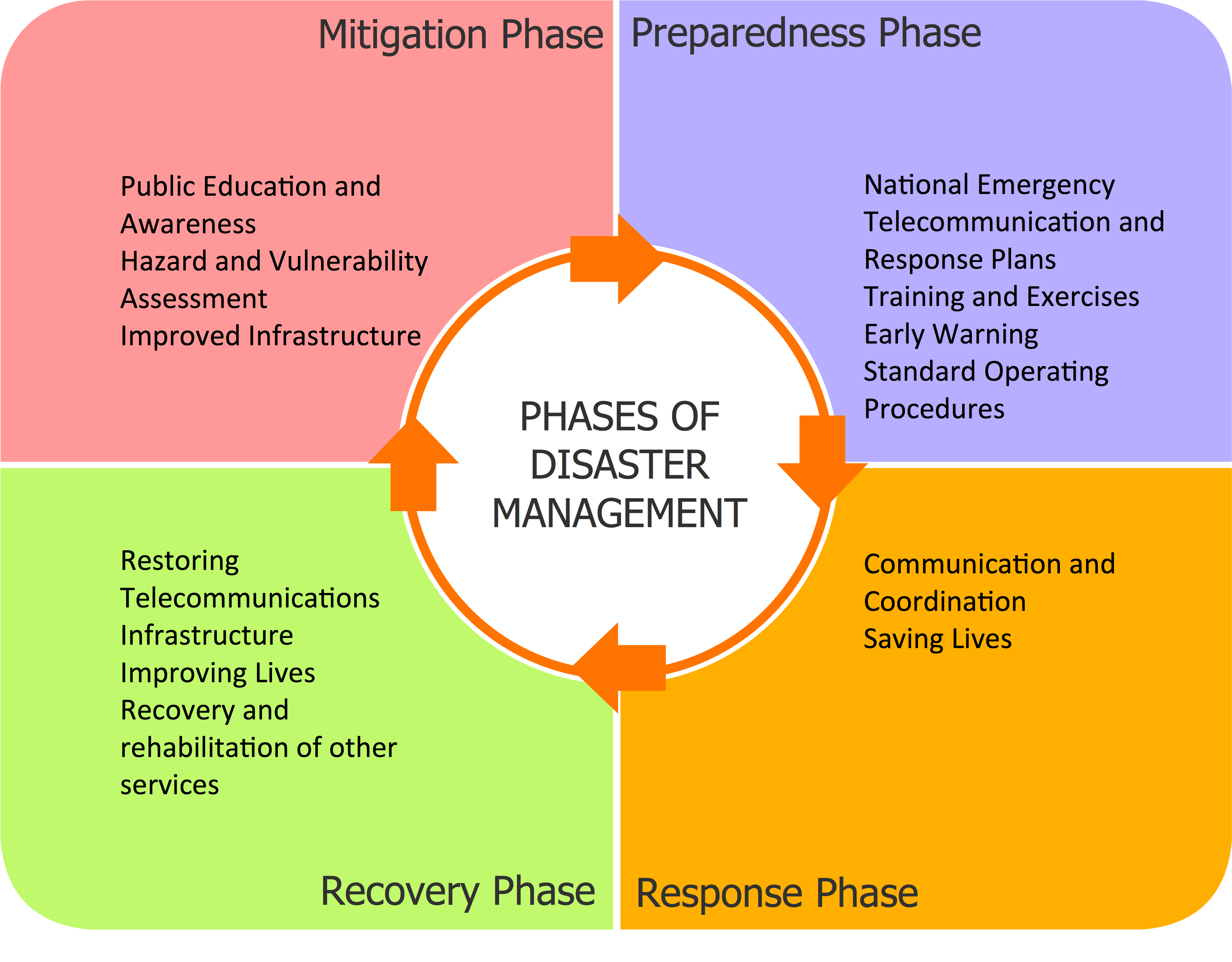Kerala Floods 2018 With Disaster Rusk Management Cycle Presentation
| Introduction to Kerala Floods 2018 | ||
|---|---|---|
| Kerala Floods 2018 were a devastating natural disaster that occurred in the southern Indian state of Kerala. The floods were caused by heavy monsoon rains that resulted in severe flooding and landslides. The disaster led to the loss of lives, displacement of people, and extensive damage to infrastructure. | ||
| 1 | ||
| Pre-Disaster Phase | ||
|---|---|---|
| The pre-disaster phase includes activities aimed at mitigating the impact of the disaster. Measures such as land-use planning, early warning systems, and public awareness campaigns are important in this phase. In the case of Kerala floods, pre-disaster measures involved the construction of dams and reservoirs to control flooding and the establishment of a disaster management authority. | ||
| 2 | ||
| Disaster Phase | ||
|---|---|---|
| The disaster phase encompasses the onset and duration of the disaster. During this phase, immediate response actions such as evacuation, search and rescue, and emergency relief operations are carried out. In the case of Kerala floods, the disaster phase involved the deployment of rescue teams, provision of relief materials, and setting up of temporary shelters. | ||
| 3 | ||
| Post-Disaster Phase | ||
|---|---|---|
| The post-disaster phase focuses on recovery and rehabilitation efforts. It involves assessing the damage, restoring essential services, and providing support to affected individuals and communities. After the Kerala floods, the post-disaster phase included the rebuilding of damaged infrastructure, distribution of financial aid, and ensuring the return of normalcy in the affected areas. | ||
| 4 | ||
| Risk Assessment | ||
|---|---|---|
| Risk assessment is a crucial step in disaster risk management. It involves identifying potential hazards, evaluating their likelihood and potential impact, and prioritizing actions to reduce vulnerability. In the case of Kerala floods, risk assessment would have included identifying areas prone to flooding and landslides, evaluating the capacity of existing infrastructure, and developing strategies to mitigate risks. | ||
| 5 | ||
| Risk Reduction | ||
|---|---|---|
| Risk reduction measures aim to minimize the impact of disasters. These can include structural measures like building flood-resistant infrastructure, as well as non-structural measures like land-use planning and early warning systems. In Kerala, risk reduction efforts could involve constructing flood-resistant buildings, implementing better water management practices, and improving the effectiveness of early warning systems. | ||
| 6 | ||
| Preparedness | ||
|---|---|---|
| Preparedness activities ensure that communities and organizations are ready to respond to disasters. This includes creating emergency response plans, conducting drills and exercises, and stockpiling necessary resources. In the case of Kerala floods, preparedness measures would have involved training emergency response teams, establishing communication networks, and pre-positioning relief supplies. | ||
| 7 | ||
| Response | ||
|---|---|---|
| Response actions are undertaken during the disaster phase to address immediate needs and save lives. This includes search and rescue operations, medical assistance, and distribution of relief materials. In Kerala, the response phase involved deploying rescue teams, providing medical aid, and setting up temporary shelters for displaced individuals. | ||
| 8 | ||
| Recovery | ||
|---|---|---|
| Recovery efforts focus on restoring affected communities and rebuilding infrastructure. This can include repairing damaged buildings, providing financial assistance, and supporting livelihoods. After the Kerala floods, recovery efforts involved rebuilding homes, restoring essential services like water and electricity, and providing financial aid to affected individuals and businesses. | ||
| 9 | ||
| Conclusion | ||
|---|---|---|
| Effective disaster risk management is essential to minimize the impact of natural disasters. The Kerala floods of 2018 highlighted the importance of pre-disaster planning, risk assessment, and preparedness. By implementing comprehensive disaster risk management measures, we can enhance resilience and protect lives and livelihoods in the face of future disasters. | ||
| 10 | ||
